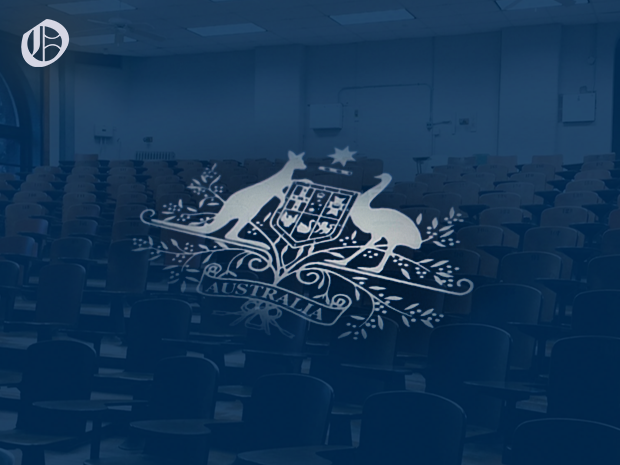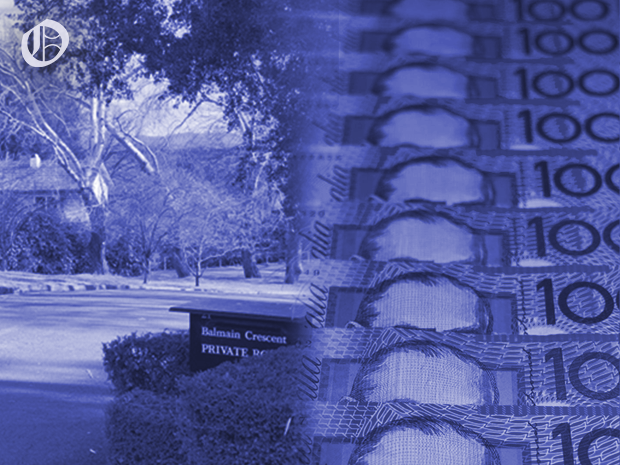“Wake-Up Call”: CECS Cultural Audit Shows Deep-Seated Sexism
Content warning: this article contains discussion of sexism and sexual harassment.
The College of Engineering and Computer Science (CECS) suffers serious gender and diversity issues throughout the College, according to the results of its recently released cultural audit. CECS Dean Elanor Huntington apologised for the issues, and has pledged a range of actions targeting staff, students, and CECS-related clubs.
The audit was conducted by gender and diversity consulting firm ‘The May Group’, and involved five focus groups of students, who were asked questions on the support and respect they felt at CECS, and if there was equity of opportunity within the college. The results were received in late 2016, but the report was only released recently due to issues with privacy concerns.
The report, delivered on 3 October, found serious issues within the College and surrounding community, with women being harassed, excluded, or not considered in event planning. Women described sexual harassment in class, with one student saying, “There hasn’t been a single group project that I’ve been in where I haven’t been hit on or asked out.” The review also raised issues with the events run by CECS-related clubs, such as the ANU Computer Science Students’ Association, as being catered to “predominantly male interests”, which led to women feeling significantly less connected overall than male participants.
Gender bias in academia was also raised in the review, with men more likely to feel “connected” with the teaching staff. Women, meanwhile, felt they were being discriminated against in coursework and assessment and were less confident to contribute in discussions. Women described being treated “as a novelty” or “an object” in group work, with their contributions were ignored by others. They also highlighted some “markedly sexist views and opinions about women’s academic abilities and interests”, and the audit reported these attitudes came from “primarily international students”. Tutors in CECS earned mixed reports; some were described as supportive and helpful, and others as “‘impatient’, ‘sexist’, ‘demeaning’, and ‘not understanding’”.
The audit also investigated issues between international and domestic students. It found that while there was an acknowledged divide between the two groups, this did not seem to cause many issues of marginalisation at CECS.
The report concluded that “bias, stereotyping, exclusion and a lack of respect diminish women’s experiences at the College”, and that this was likely to drive women out of the field if not addressed. It noted that a 2016 Harvard review into STEM found that “women make up 20% of engineering graduates, but it’s been estimated that nearly 40% of women who earn engineering degrees either quit or never enter the profession”.
CECS Dean Elanor Huntington described the results as “uncomfortable reading” and apologised to all female students at CECS, while Richard Baker, the Pro Vice-Chancellor for University Experience described it as “disturbing” and a “wake-up call for us”, stating that “this is an issue for both men and women”. Both highlighted that this was not the first place that these issues have been raised, and Huntington said that a “diverse range of indicators [are] pointing in the same direction”. Jessica Kennedy, representing CECS clubs, also apologised, and said it was “never to be [the clubs’] intention to be a boy’s club, but … that that was how we marketed ourselves time and time again”.
Since receipt of the report in late 2016, college staff have been “quietly taking initial steps”, according to Huntington. These have included unconscious bias management training for staff members, and the introduction of a new role of Associate Dean for Diversity and Inclusion, who will oversee the new inclusion programmes. For students, new educational modules will be released focusing on gender inclusivity, cultural sensitivity, and unconscious bias. Huntington also committed to strengthening feedback mechanisms and introducing professional development modules into coursework. A seed fund for student experiences of $2500 has also been created, available for “whatever ideas [CECS] students come up with”.
The results of the audit, as well as the recommendations made by the May group are available here, and support or reporting resources for CECS students can be found here. Any students who have been affected by these issues are encouraged to seek assistance. Free counselling is available at the Counselling Centre.









